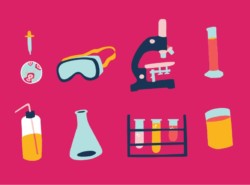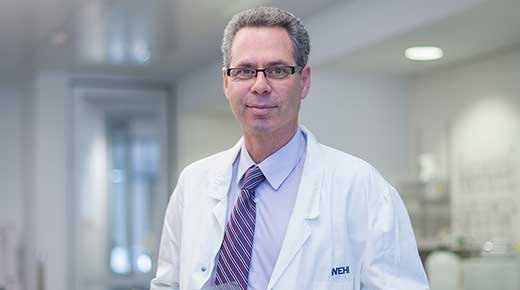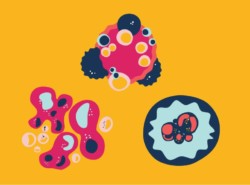
Effective breast cancer prevention for BRCA1 carriers
Published: 10/10/19 12:21 AM

Geoff Lindeman
Women with a mutation in the BRCA1 gene have a high lifetime risk of developing breast (and ovarian) cancer, often at an early age. While regular screening can detect breast cancer at an early stage, this does not by itself prevent cancer.
Although mastectomy (breast removal) can be highly effective at preventing breast cancer, most women choose not to pursue this surgical option. Apart from a mastectomy, currently available prevention strategies for BRCA1 mutation carriers include taking the drug tamoxifen and/or removal of the ovaries (the latter primarily to reduce ovarian cancer risk).
There is good evidence that tamoxifen reduces the incidence of estrogen receptor (ER) positive tumours, but its role in BRCA1 mutation carriers is unclear. Moreover, there has been poor uptake of tamoxifen as a preventative treatment for breast cancer, even when prescribed by clinicians. For this reason a suitable prevention therapy is needed that is both safe and effective, so that women with a BRCA1 mutation never face breast cancer.
Professor Geoff Lindeman and his team recently identified a protein, called RANKL, as a potential target for breast cancer prevention for BRCA1 mutation carriers (and possibly other high-risk women). A currently available inhibitor of RANKL, called denosumab, is used to treat osteoporosis and breast cancer spread to bone. Professor Lindeman believes denosumab has potential to be “repurposed” as a prevention agent for breast cancer.
In this NBCF-funded study he will compare the relative effectiveness of tamoxifen, removal of the ovaries and RANKL inhibition in mice, and also determine whether RANKL has any relevance to BRCA1-associated ovarian cancer.
These findings will provide pilot data to support an international clinical trial aimed at preventing breast cancer in women at high genetic risk for developing breast cancer with the long-term goal of improving the lives of BRCA1 mutation carriers and their families.
More Research Projects
View all research
